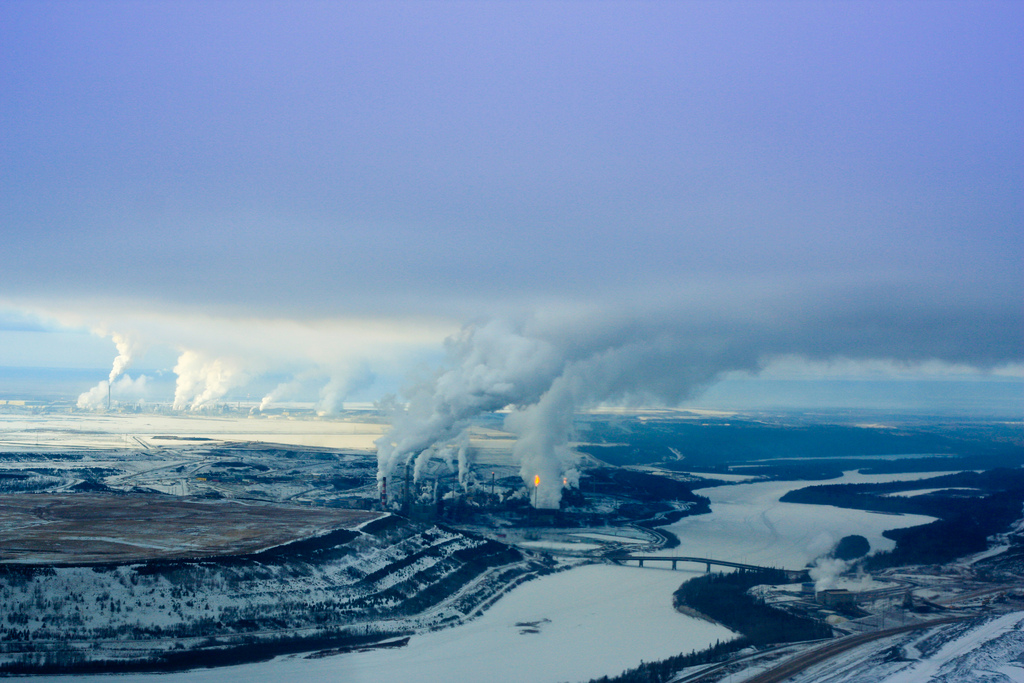Learn More About Oil Resources: Canada and The Oil Sands

When discussing the subject of world oil production, Saudi Arabia is often the first country named in regards to total production and export. More recently, concerns over oil prices shooting up have been raised as a result of the aggressive military advances of ISIS. Canadian companies like EnCana plan to catapult Canada as a true rival to the reigning oil kingdom in the Middle East, all through utilizing oil sands.
Saudi Arabia is believed to hold a quarter of the world’s oil supply, as well as currently ranks as the largest producer and exporter of oil. The threat to this title comes from Canadian oil sands. Oil sands are a mixture of water, clay, sand and an oil-containing substance called bitumen. The main known Canadian deposits of oil sands are located in Alberta in Peace River, Cold Lake and the largest deposit in Athabasca. Smaller deposits can also be found in Saskatchewan.
In order for oil sands to produce oil, the oil-containing bitumen must be separated and processed from the sand. Open pit mining is the first method of doing this, which involves mining and shipping the oil sands to a processing plant that separates the bitumen from the sand and upgrades it to synthetic oil. In situ drilling can also be used in which steam is pumped underground to liquefy the bitumen, after which a second well pumps the liquefied bitumen to the surface for collection.

Alberta’s proximity to the coast allows the oil product to be loaded onto supertankers and shipped anywhere in the world, with a specific interest in competing with Saudi Arabia for the the growing Asian market. Canada’s border status with the United States may also affect Saudi Arabia’s status as the second largest exporter of oil to the U.S., though Canada currently already ranks as the largest exporter of crude to the states.
While much of the new oil sand production process is still in the planning stages, tensions are already mounting regarding Canadian oil and the Kingdom of Saudi Arabia. For example, a U.S. pro-industry group launched advertisements starting in late 2012 promoting the use of more ethical Canadian oil sand over Saudi Arabia exports due to their spotty human rights record. The promotions led to legal battles in both countries.
Environmental concerns are also being raised over the mining of the fossil fuel. As with every oil mining project, serious damage can be done to the surrounding environment when companies aren’t precise with their equipment. This is one of the reasons that smaller local companies like 20/20 NDT push so strongly for closer monitoring of this equipment in a lightweight and economic way. Each oil disaster has a tax on the environment that becomes more and more difficult to see.
While it will take time to build the infrastructure needed to reach the daily barrel goals of Canadian oil sand producers, the untapped potential of the area is substantial, and may soon change the landscape of the oil and energy markets.
